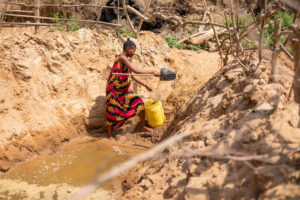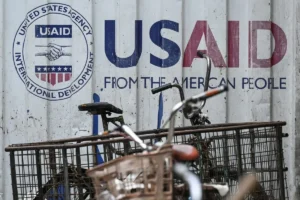Under John Magufuli the government cracked down on its critics, including the press. Samia Suluhu Hassan, who became president after Magufuli’s death in 2021, has begun to reverse these trends.
The government has lifted bans and suspensions of several major newspapers. Freedom House says while there has been an increase in qualified criticism of the government, “self-censorship and pro-government bias remain prevalent”.
The mainland and Zanzibar have separate media policies. Islanders can pick up broadcasts from the mainland and read the mainland press.
Television is eroding radio’s traditional dominance, and Tanzania has made the switch to digital TV. Media ownership is highly concentrated. IPP Media and the state-run Tanzanian Broadcasting Corporation are major players.
There were 23.1 million internet users by December 2021, comprising 37% of the population (Worldinternetstats.com). Facebook is the most popular social platform.
Rules introduced in 2018 require bloggers and the owners of discussion platforms and streaming services to pay registration fees.
Press
- Daily News – government owned, Tanzania’s oldest newspaper
- Habari Leo – in Swahili, from publisher of Daily News
- The Guardian – private, Tanzania’s leading daily, owned by IPP Medai group
- Financial Times – business news, also owned by IPP Media
- The Citizen – private
- Nipashe – private, in Swahili
Television
- Tanzania Broadcasting Corporation (TBC) – state-run
- Independent Television (ITV) – private, reportedly the most influential in the country
- Azam TV – private, station operates three channels featuring news, entertainment, documentaries
- Clouds TV – private media group, TV and radio
Radio
- Tanzania Broadcasting Corporation (TBC) – state-run
- Radio Free Africa – private
- Radio One – private
- Capital Radio – private
- East Africa Radio – private
Source : BBC















